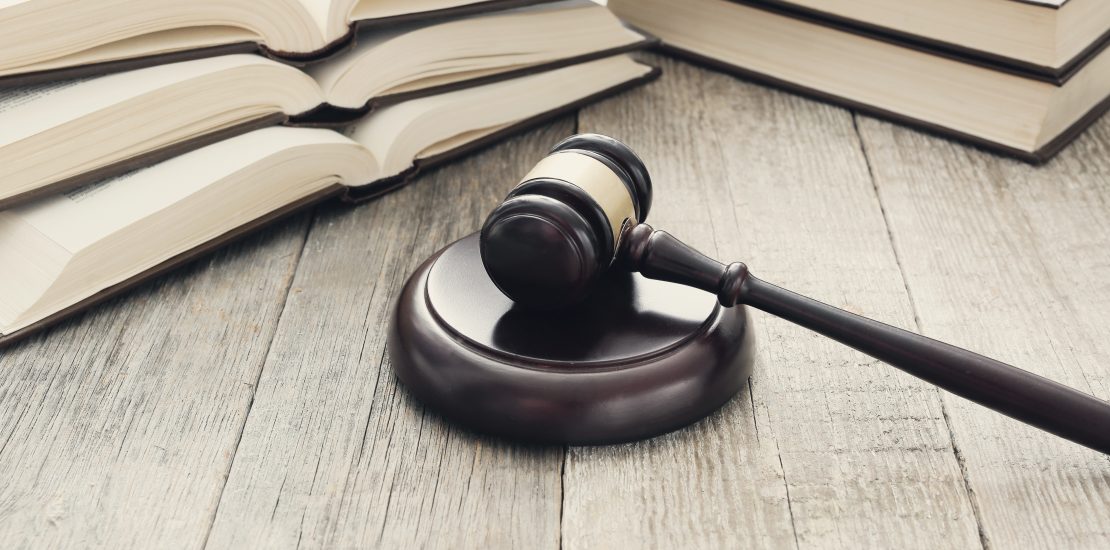- 16th August 2022
- Posted by: Quartz Barristers
- Category: News

How does a high profile court case work?
A high profile court case, that features well known people or brands, tends to grip public attention. Offering a glimpse into the lives of the rich and famous that’s far removed from a polished public persona. The latest fixture in newsfeeds is the ongoing trial of Ryan Giggs.
The former Manchester United player and Wales manager, 48, is accused of using controlling and coercive behaviour and assaulting Kate Greville.
Mr Giggs is also charged with causing her actual bodily harm, and of the common assault of her younger sister, Emma Greville.
He denies all charges.
While news articles are regularly populated with the latest statements from court, our team wanted to share some of the inner workings of a trial like this, how it’s different and why certain aspects are covered.
When there’s an ongoing high profile court case what at do we see in newsfeeds?
In the UK reporting of ongoing court cases have to adhere to strict rules to ensure they’re not contentious, if they are they risk a journalist or media agency of being held in contempt of court. All proceedings must only cover the facts of the case, for example what has been said and the evidence that has been shown, rather than any opinion.
That’s why you will see clear evidence of what has been said by who, rather than any speculation.
Reporting will also be very clear to note that trials are ongoing as it is important to acknowledge other witnesses and evidence may come forward to provide additional information. This ensures parties are treated fairly and no information external to the case can affect the bias of any judge or jury until a decision has been made.
Can I watch a high profile court case on TV?
Unlike cases in the US, cameras are not allowed in most UK courts (although video of sentencing is being trialled) and instead, for high profile cases like this, often artists will sketch proceedings to give an indication of what is happening in the court room. Artists are not permitted to sketch while in court so must commit the scene to memory before drawing outside.
How is a crown court case different?
This trial is being heard before a judge at a Crown Court. All criminal cases are first heard at a magistrate’s court and only a small percentage of more serious cases are then referred to a Crown Court.
The Crown Court hears criminal cases, like this, whereas high-profile civil cases like the ‘Wagatha Christie Trial’, are taken to the High Court.
Crown Court cases are heard before a judge and normally a jury made up of members of the public. The jury’s role is to decide if the person on trial is guilty of the charges made against them, and the judge’s role is to decide the sentence if a guilty verdict is reached.
Cases in Crown Court will hear representations from a defence barrister and a prosecuting barrister who will call witnesses, ask questions relating to the case and the evidence given, and cross examine witnesses to help the jury reach their verdict.
What is a barrister and a QC?
A barrister is a lawyer who is highly qualified and able to represent cases in Crown Court. Unlike solicitors, who work for a business and in a team, a barrister is self-employed. They are not allowed to form partnerships like solicitor’s can, and they normally belong to a barristers chamber, where clerks will support them to manage cases.
In the Ryan Giggs case the barristers presenting, Peter Wright QC for the prosecution and Chris Daw QC defending Mr Giggs, have the initial QC after their name. This stands for ‘Queens Counsel’ and means they have been recognised for excellence in advocacy. Often seen as leaders in their area of law, QC’s generally take on more complex cases that require a higher level of expertise.
Although it sounds very complex barristers can deal with a variety of cases, from civil to criminal hearings, and chambers like Quartz Barristers are working to make access to legal help from highly-qualified lawyers more accessible.
What will happen next in the Giggs trial?
The trial is ongoing. After the evidence has been presented and barristers have had the opportunity to cross examine witnesses they will make closing statements to the jury. The jury will then be dismissed from court to reach their verdict.
If they jury delivers a ‘not guilty’ verdict then the defendant is ‘acquitted’ and free to go. If the jury delivers a ‘guilty’ verdict then the defendant is convicted and the judge will pass sentence. Judges will consider a variety of factors during sentencing.
The trial continues.
